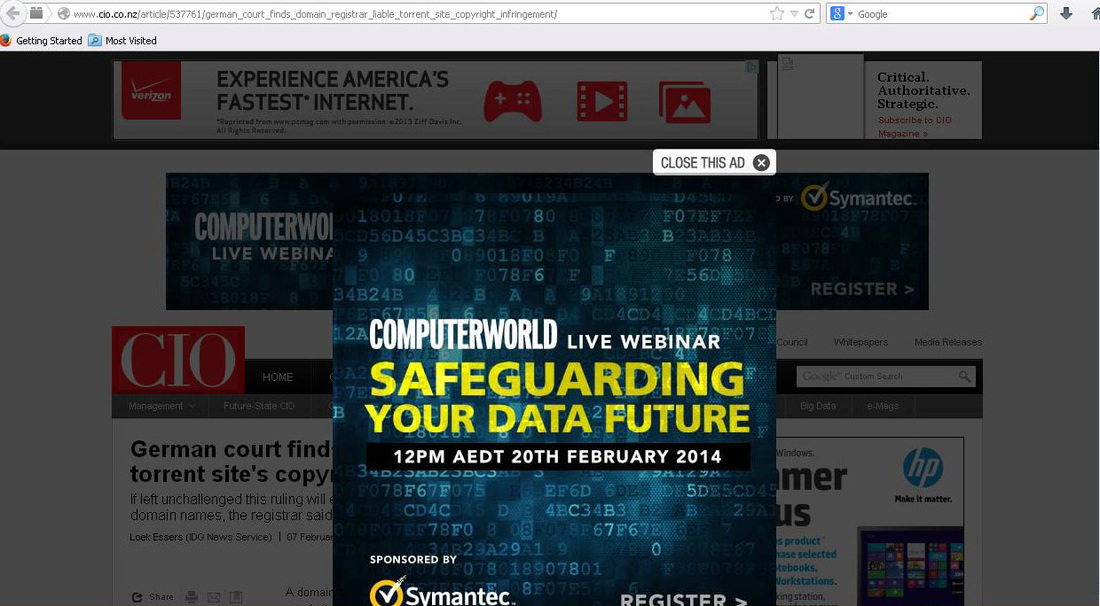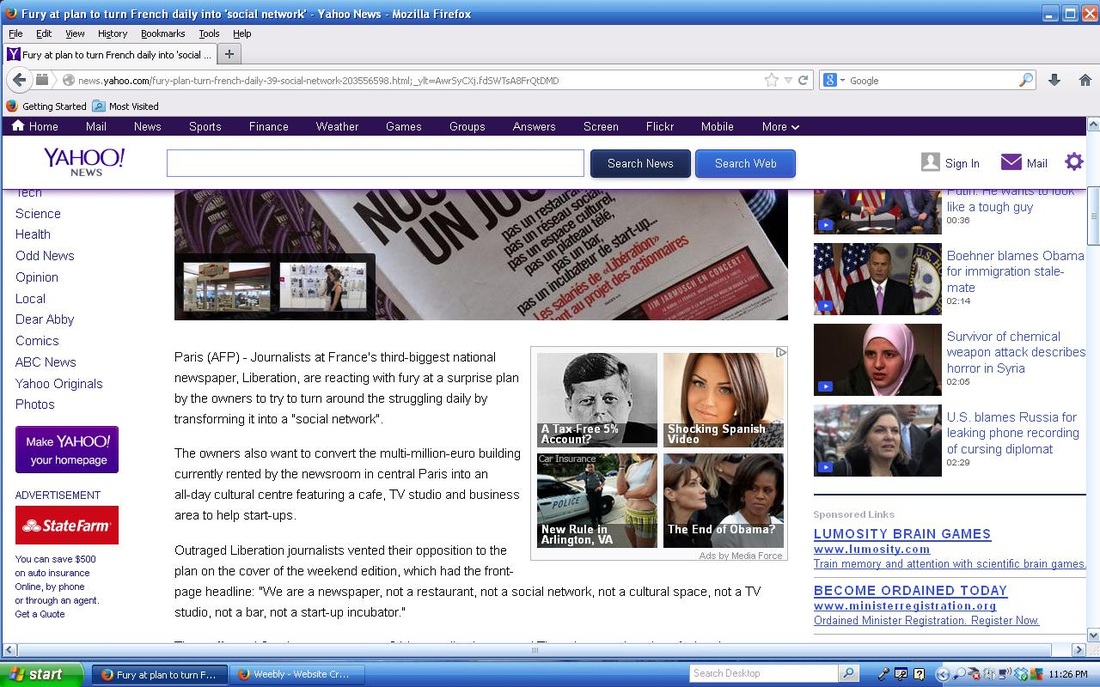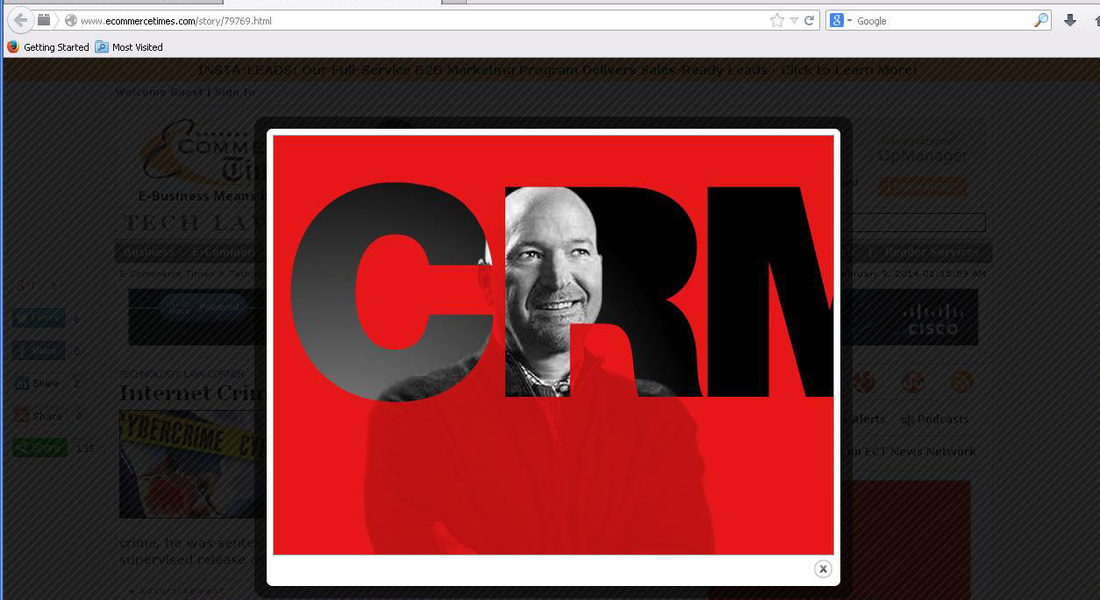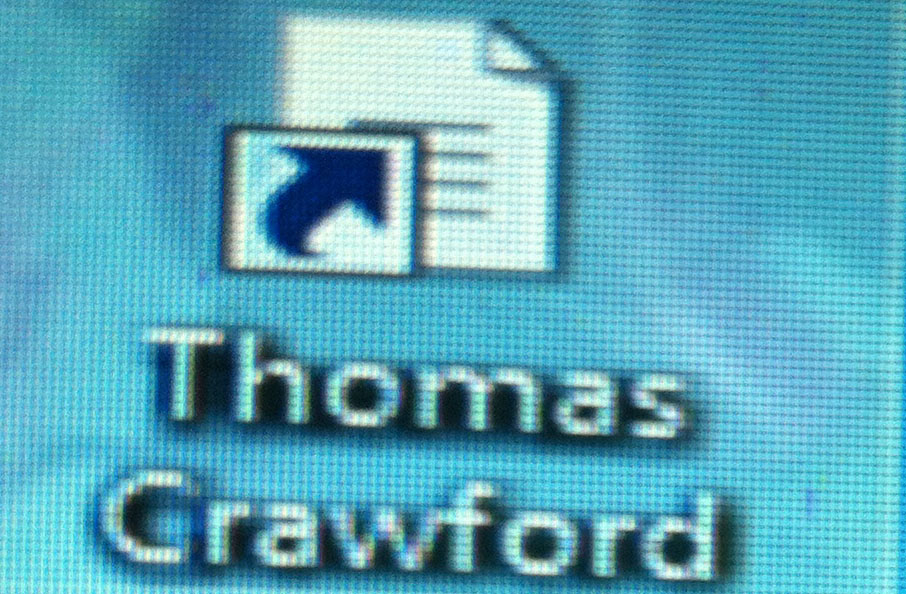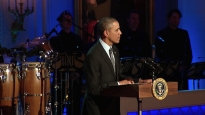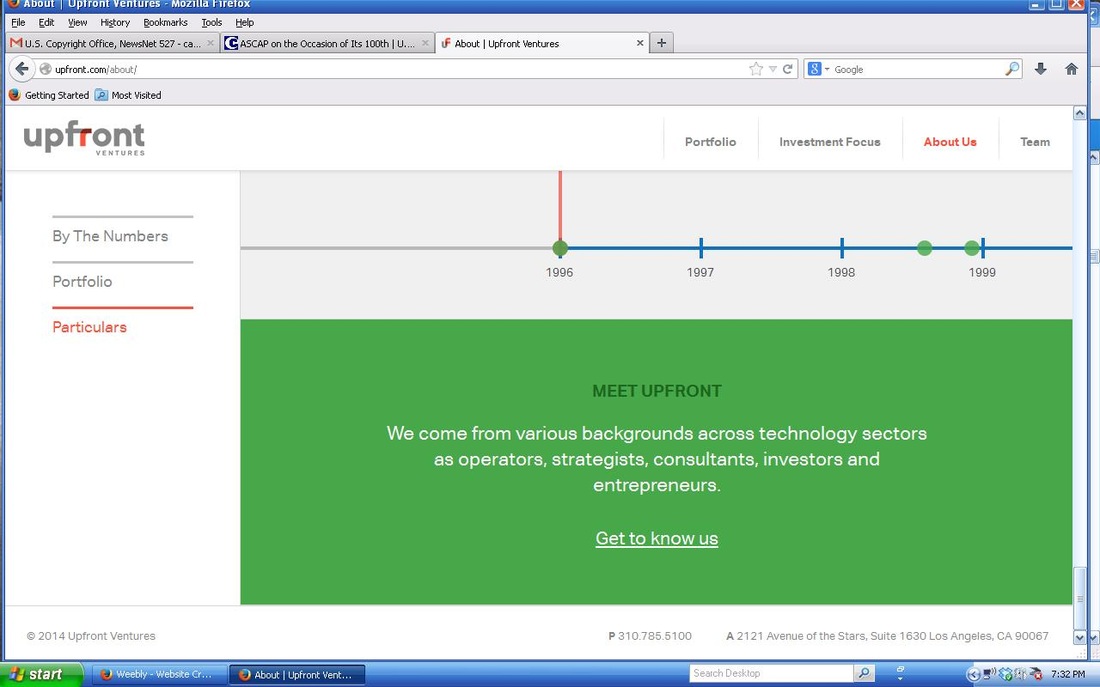|
|
|
Distinguished Toastmaster
BUSINESS & BRANDING COACH . LIFE & LEADERSHIP STRATEGIST MOTIVATIONAL SPEAKER SERVING ENTREPRENEURS & MAIN STREET |
JUDICIARY : Keep Tabs On Judiciary 2D IP . ID . (C) & Commerce [ You Are On This CLICKs Page ]
______________________________________________________________________________________________
ALL INTELLECTUAL PROPERTY STARTS with a Pencil &Paper in 2D(dimension)
Everything Else about IP(intellectual property) comes down to COMMERCE .
_______________________________________________________________________________________________
